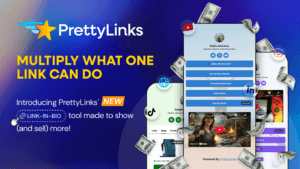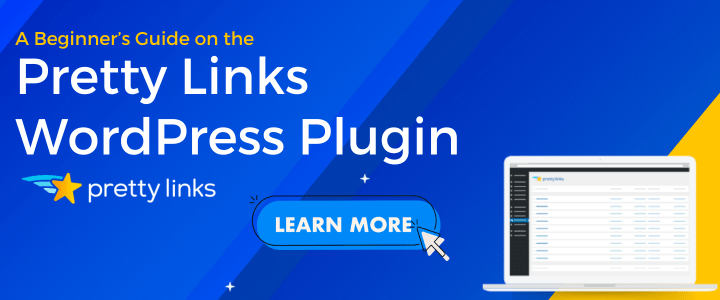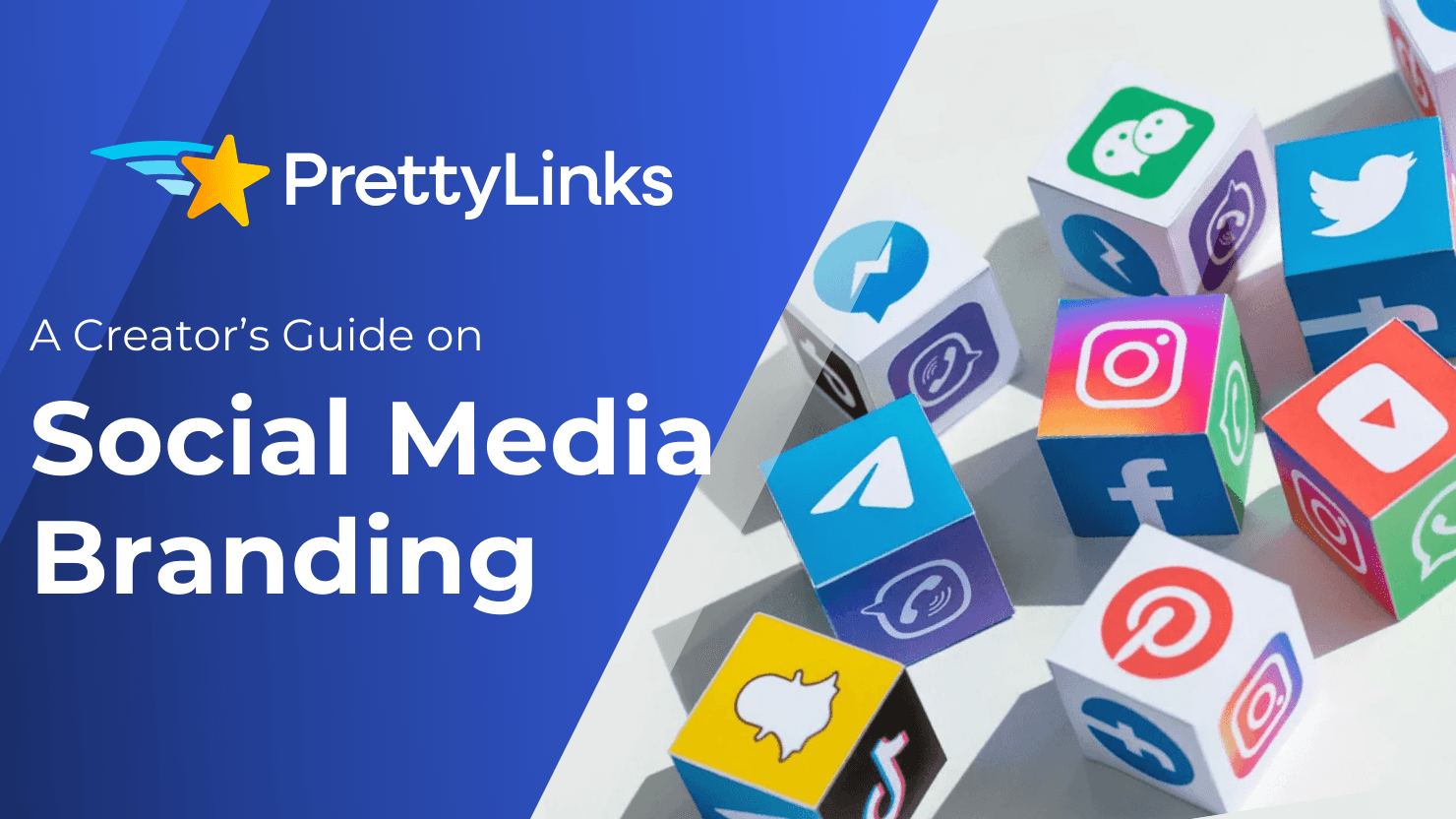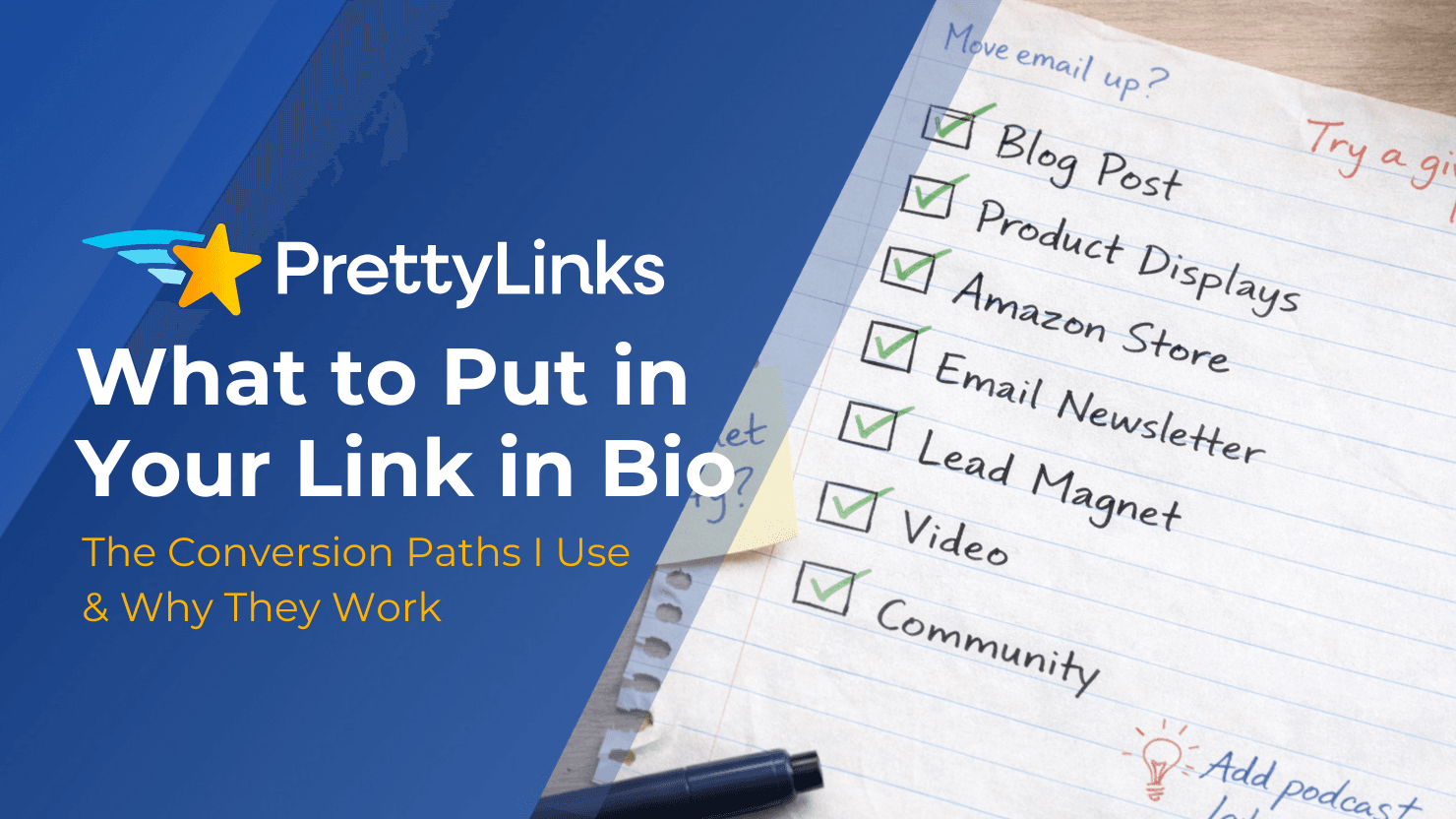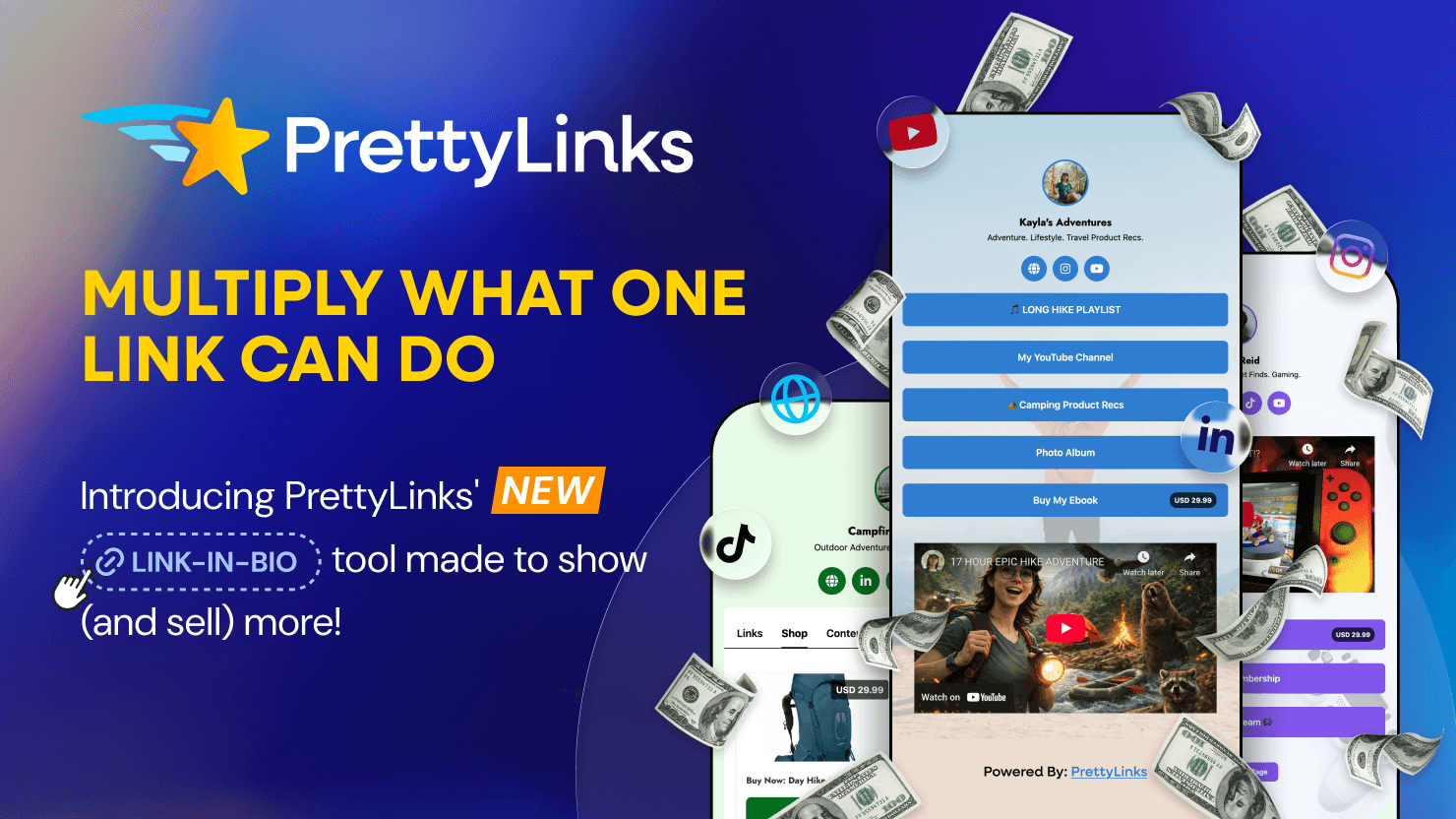Contents
With relative ease, affiliate programs can be found on almost every corner of the Internet. But not every affiliate program has been created equally. As an ethical and responsible marketer, you need to be able to source out affiliate offers that are beneficial to both you and your audience.
In this post, we’re going to cover some ways to find and evaluate affiliate offers that not only match your audience but create a win-win scenario for both you and your visitors.
The Importance of Picking a Good Affiliate Offer
Finding good affiliate programs that serve both your readers and your business can present a few challenges. There are a lot of different options to pick from and no affiliate program is ever guaranteed. However, there are a few things you can watch out for and steps you can take to be sure you’re making the right choice.
Affiliate marketing – at least the good kind – is built upon your ability to establish a trusting relationship with your visitors. If you pick an affiliate program that is profitable for you, while short-changing your audience, then the trust you worked so hard to develop will be quickly destroyed.
Balancing your needs with those of your audience makes the process of sourcing high-quality affiliate offers more important than ever.
So how exactly can you go about finding the best affiliate programs, and what separates the good from the bad?
How to Pick an Affiliate Offer
While there are many sources of potential affiliate offers, one of the best things you can do to avoid running into problems is to stick with the larger, well-established affiliate programs.
Some of these may be run in-house by the companies themselves (like Amazon), while some may be offered through a third-party affiliate network (like CJ Affiliate). When assessing affiliate offers take the following into consideration:
- Does the company or affiliate network appear to be stable?
- Does the company or affiliate network have a history of affiliate payouts?
- Will you be able to comply with their terms and conditions?
If all the items on this list appear to fit the bill, you’re set. Just remember that you should never place all your eggs in one basket. No affiliate offer is guaranteed to last forever and sometimes finding more than one affiliate program for the same type of product or service is a good idea (although not always possible).
Affiliate Networks vs Flying Solo
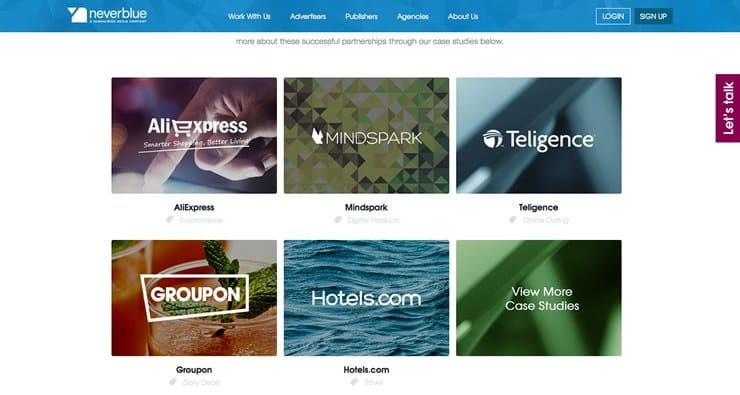
Most (if not all) of the major brands typically use a large affiliate network. This includes retailers like Zulily and manufacturers like Adidas. A few of the more popular affiliate networks include:
Typically, getting set up with an affiliate network involves an application process and sometimes a phone call with an account rep. As affiliate networks act as third parties, they provide advantages to both affiliates and advertisers alike. These advantages include:
- Access to a large number of affiliate offers. For example, at the time of writing this article, ShareASale showed 3995 affiliate programs in their database.
- An easy way to consolidate payouts and track a large number of affiliate programs.
- A way for advertisers to maintain brand integrity. If you break the rules, you can find yourself banned from the entire affiliate network.
Affiliate networks can also make it easier to find appropriate offers for your audience. You’ll discover that with the larger networks, you can search for offers based on categories, keywords, seasons, and more.
Even with the advantages of using an affiliate network, some companies decide to run their own affiliate program. While it’s certainly not common, you should always perform some extra due-diligence when dealing with small or independent affiliate programs. After all, your welfare and reputation are depending on it.
Here are the basic considerations when it comes to picking an ideal affiliate program:
- Rate the overall quality of each advertiser that you promote. Would you personally buy from them? Have you? How would you rate your experience with either the retailer or the product they are selling?
- If their product or service is something you’d like to recommend, will they compensate you enough to do so? Don’t just look at the commission rate. You need to look at the big picture including earnings per click (EPC), average order value, average commission, and the tracking gap (the longer your cookie lasts, the better).
- Consider their order reversal rate. How often do customers cancel their orders? This can also be a great indicator of customer satisfaction.
- Are there banner ads or display ads (these are also called creatives) available that match the overall look and feel of your website?
How to Know What You Visitors Want to Buy
Actually discovering what your visitors want to buy should, in theory, be an easy process. I’m going to make the assumption that you are actively involved with your website.
Before we jump into finding the actual affiliate offers, let’s think about how to decide which products or services you should be promoting.
Start With Your Home Base
Since you’re actively involved with your site, it usually means that you also have a personal interest in the topic you are promoting. Use that personal interest to your advantage by promoting the products and services you rely on every day.
Also, if you’ve developed an active community either through blog commenting, Facebook, or a forum, listen to what your community is talking about. By discovering the common problems and challenges people are facing, you’ll have an opportunity to create solutions.
Instead of just finding a solution to promote, do some research. Talk to people, gather opinions, test products or services, and try out the competition. That’s how you can provide real value to your audience and earn their trust.
Performing Product Research
Sometimes, finding products and affiliate offers worth promoting comes down to research. That means you’ll need to roll-up your sleeves and do some good old-fashioned hard work.
Amazon

For physical products, one of the best places you can start your search is Amazon.com. With just under $90 billion in 2014 sales, Amazon represents as good a source as any when it comes to researching consumer trends. As if you weren’t already aware, Amazon also runs what is probably the biggest independent affiliate network.
With relative ease, you can visit Amazon and within seconds begin searching for products that are appropriate to your audience. If you see Amazon as one of your better choices in terms of affiliate programs, you might also consider third-party software called Terapeak. Terapeak provides a more user-friendly interface and better insight into trends within your target market. It also makes the process of scouring through Amazon much easier.
You can also turn to Google in your search for appropriate affiliate offers. A quick search for “affiliate programs pet insurance” turned up an entire page of results. Same scenario with “affiliate programs BBQ supplies”. With just a little effort, you’ll be able to source a variety of offers for almost any niche.
Company Websites
If your audience relies on your expertise, you probably have several standby products or services that you rely on day in and day out. These companies are a great place to start when you begin your search. Most of the time, you’ll find a simple link in the footer that says something like “affiliates,” “promote XYZ,” or “join us”.
Conclusion
Uncovering the ideal affiliate offers for your target audience will require a little bit of detective work. Most of the time it’s easier to start with the company websites you are familiar with and slowly progress up the food chain until you are searching through the databases of large affiliate networks.
Any time you find an affiliate offer that you think is appropriate, try to find 1-3 others that you can use as a comparison. Line the offers up against one another and figure out which one will work the best for you and your audience.
Remember, the most important thing you can do is to remain true and loyal to your audience. Without them, you’ve got nothing to sell.
What are some of your favorite sources when it comes to searching for affiliate offers? How do you decide what is and what isn’t a good fit for your audience? Please share your thoughts and questions in the comments section below.
If you liked this article, be sure to follow us on Facebook, Twitter, and LinkedIn! And don’t forget to subscribe to our newsletter.



